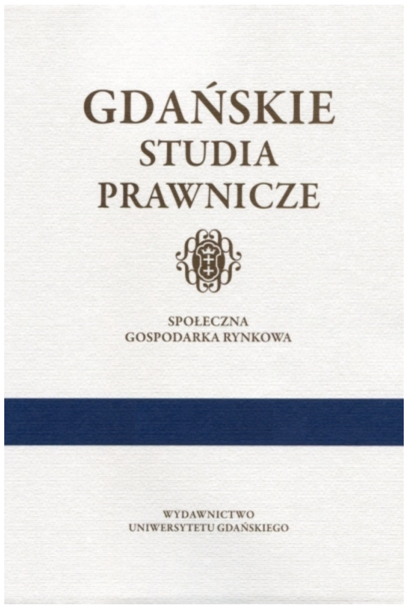Zmiany w brytyjskim systemie partyjnym
Changes in the British party system
Author(s): Jarosław SzymanekSubject(s): Constitutional Law, Government/Political systems
Published by: Wydawnictwo Uniwersytetu Gdańskiego
Keywords: World War II; political system;
Summary/Abstract: The article presents the changes occurring in the British party system since the end of World War II. It must be assumed that although conventionally the British party system is called a two-party system, it is constantly evolving and the phase of a genuine two-party system was a relatively short episode. It can be concluded that the party system in the UK over the past few years has changed significantly and it has never been, for a long time,the constants system. Throughout the postwar period, we can point out moments, which to some extent stigmatized the appearance of the British party scene. Until the 70's it was de facto true two-party system, where any third parties had practical significance also at the level of electoral competition. The decade of the 70's, analogically to whole Western Europe, was the decade of the frostbite of party systems, when the third parties appeared, fighting for electoral success. This did not change the basic tandem in the party system but suggested that - in the foreseeable term - some changes may take place. The 80's and 90's can be described as the undisputed dominance of the Conservatives, which was so strong that the party system could be called “pre-dominant”. At the same time, at least in the arena of electoral competition the ,,movement” begins and the system starts to oscillate in the direction of a three-party system. Of course, the deformation effect of the electoral system for a longtime blocked the three-party system by not transferring it to the level of parliamentary cabinet competition. From this point of view, the elections in 2005 were definitely a breakthrough, which openly challenged the traditional British two-party system. The elections of 6 May 2010 were the next turning point, which introduced the three-party system to the parliament and formed the ,,hung parliament”, which generated the need for a cabinet coalition and can be perceived as a definite good-bye to the old British two-party system.
Journal: Gdańskie Studia Prawnicze
- Issue Year: 2014
- Issue No: XXXI
- Page Range: 435-451
- Page Count: 17
- Language: Polish

